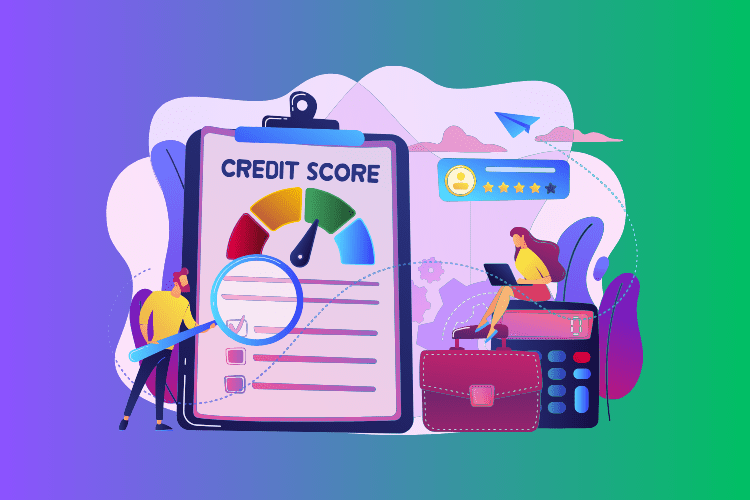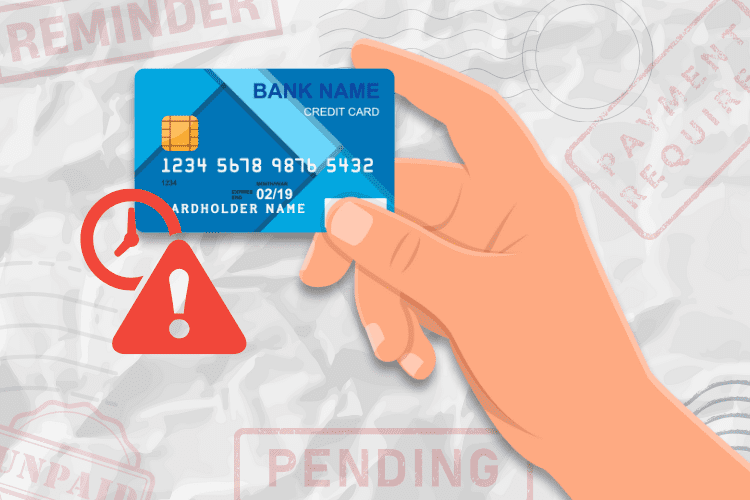Tips To Improve Your Credit Score in 2024

Now is a great time to make a fresh start toward improving your financial situation, starting with your credit score. Having an excellent credit score isn’t something that happens overnight. But over time, you can improve your score to build it up to where you want it to be. This article has tips to help get your credit score in the right direction.
Why Improve Your Credit Score?
Improving your credit score can significantly impact your life. It can help you acquire the things you need and want. Whether it be a mortgage, an auto loan, or a new appliance, your credit score determines whether you can get it. Your credit score also determines the interest you’ll pay back if approved. The better your credit score, the lower your interest rate, making the things you need or want less expensive.
What Is a Good Credit Score?
Your credit score lets lenders know whether or not you’re creditworthy or if they can trust you to pay their money back. Although your credit score alone is not the only determining factor of creditworthiness, it provides a snapshot for lenders to work from. So, the first impression must be a good one.
Credit scores are based on lending history housed with the three major credit bureaus: Equifax, Experian, and Transunion. Credit scores range between 300 and 850, with 800 or higher being excellent. A score less than 580 is considered poor. While the average credit score is about 714, a good credit score is between 670 and 739.
Here Are 8 Ways To Improve Your Credit Score
1. Monitor Your Credit Regularly
Knowing what’s in your credit report is the best way of knowing your current situation. You won’t know if your credit score needs improvement if you have no idea what it is. Start with monitoring your credit report.
2. Review Your Credit Report for Inaccuracies
Monitoring your credit regularly also allows you to review it for inaccuracies. File a dispute if you find something that shouldn’t be there. Getting discrepancies or inaccurate information off your report that shouldn’t be there, will help to increase your score.
3. Pay Your Bills on Time
Paying bills on time is the driving force behind a high credit score. One late payment can cause your score to drop considerably. Past-due payments or missed payments can stay on your report for seven years. Your payment history says a lot about your creditworthiness and is one of the most critical factors that predicts your overall score. Setting up automatic bill payments can ensure that bills are paid in a timely manner.
3. Request an Increase in Your Credit
Increasing your credit limit can help decrease your credit utilization. Credit utilization rate is the percentage of available credit you have against how much you’ve actually used. The more unused credit you have, the less your credit utilization. You can request an increase in your credit limit with the intent not to increase your credit card balance. Doing this will increase your credit score.
4. Keep Old Credit Accounts Open
The length of your oldest line of credit is also an important factor in your credit score. Unless your longest line of credit is a card that causes you to pay a high annual fee, consider keeping the account open. Even if you no longer use the card or have it in your possession (you can cut it up), it can positively affect your credit score. If you still have the card, you could use it occasionally or once a year for a small purchase that you can quickly pay off.
5. Don’t Open a New Line of Credit
Any time you apply for a new line of credit, a hard inquiry is done to determine approval. A hard inquiry has the potential to lower your credit score. If you already have a very good score, a decline of a few points may not be a big deal. However, if your numbers are such that you need to improve, dropping even a few points can cause heartburn. So, rather than take the risk, avoid opening up new lines of credit unless necessary.
6. Negotiate or Take Care of Debt in Collections
Debt that’s gone to collections never looks good on a credit report and will only drag your score. But just because a debt is in collections doesn’t mean you’re off the hook. Unless it’s an inaccurate report, the best thing to do is to deal with the debt. Work with the creditor to negotiate paying off the debt. Leaving it as is will only continue to taint your credit score by worsening your overall situation. Debt in collections can lead to lawsuits from the lender, garnished wages, or a lien against your property.
7. Become an Authorized User on a Trusted Account
If you have a family member or friend with a good credit history on a particular credit card, you can ask if you could be named an authorized user. That means you would also have the same card with your name on it. The account owner is doing you a favor by adding you as an authorized user. However, it’s up to them if they want to hand the card over to you. If they do, don’t plan to use it. Remember, the card was only issued to improve your credit score. Also, remember that if, for any reason, the account owner misses payments, that will also be reflected on your credit report.
8. Start a Budget
Starting a budget will help keep your spending intact. It will help you to know what you have to spend and how much you have going out in expenses. A budget also helps to allocate your money to where it needs to go, including your bills. Your budget will help you make smarter choices regarding how you spend your money.
The Bottom Line
Using one or multiple methods presented here together or over time can help improve your credit score. Whatever you do, remember to have patience, as the improvement may not happen as quickly as you would like. If the difference in your current score and where you would like it to be is big, acknowledge the minor improvements along the way.
Read more:










